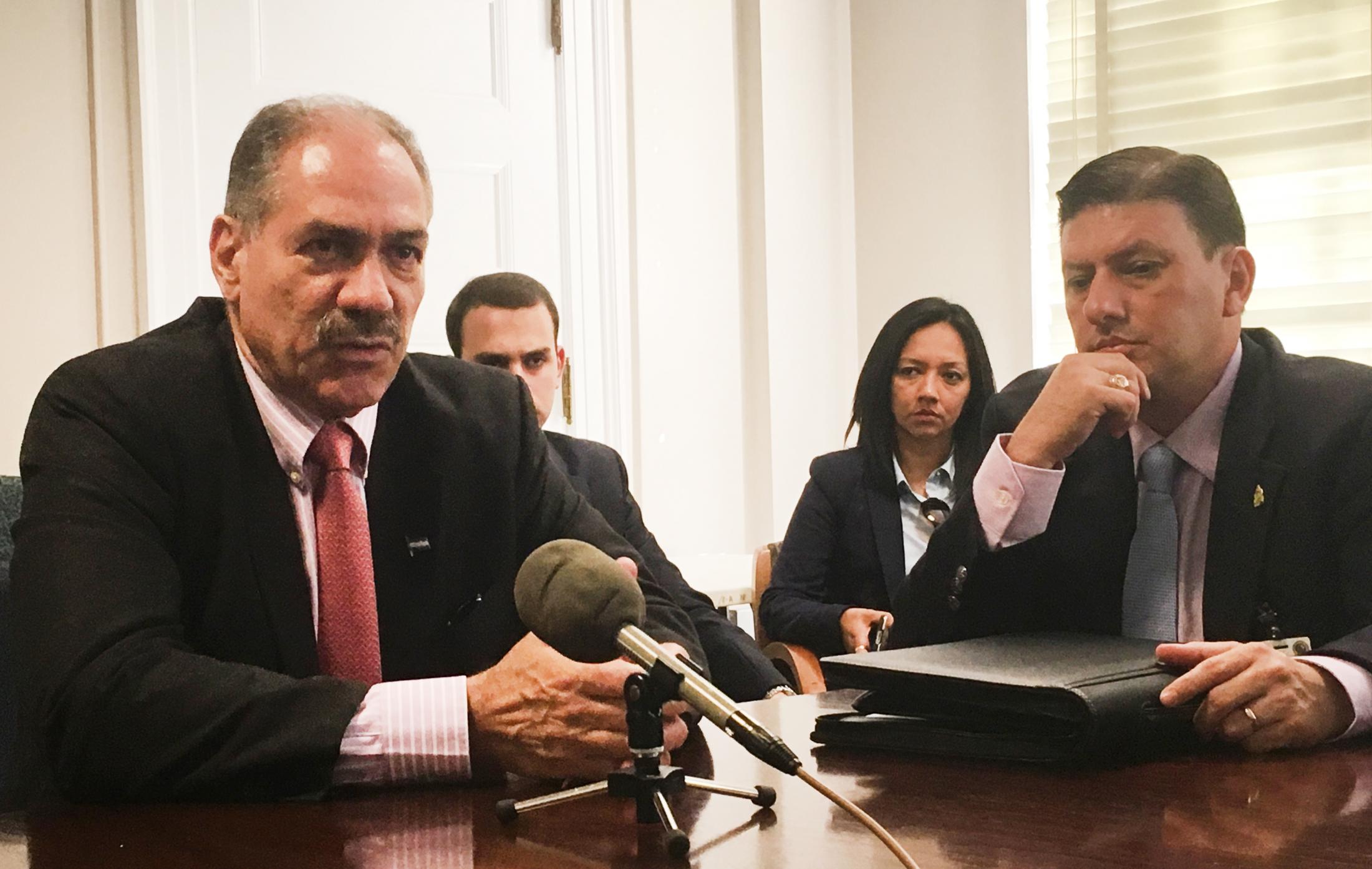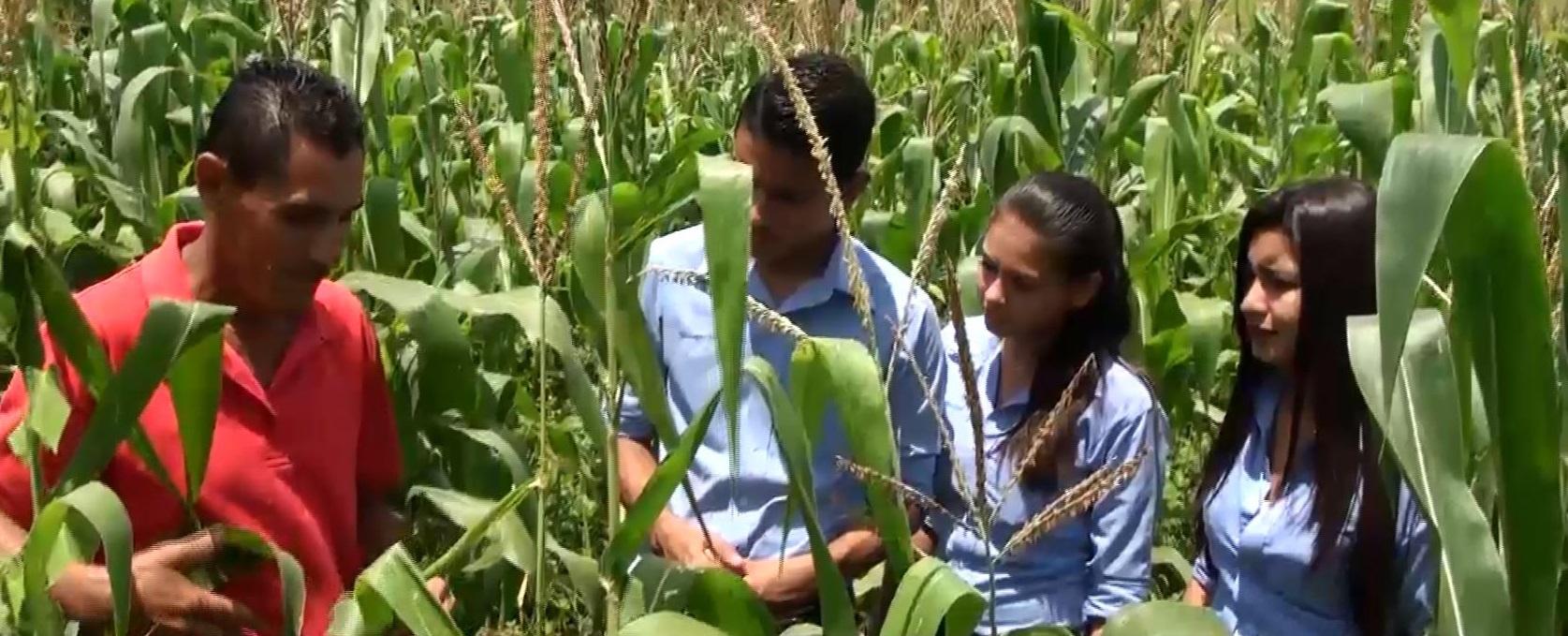Honduran Ag Leader Touts Benefits of Food for Progress Partnership
Honduras’ top agricultural official was in Washington in early October to provide a first-hand account of how the Foreign Agricultural Service’s Food for Progress Program is helping improve rural livelihoods, boost agricultural productivity, enhance food security and ensure stability in his country.
During his visit to the U.S. Department of Agriculture, Honduran Secretary of Agriculture and Livestock Jacobo Paz touted Food for Progress-supported efforts to promote Honduran production of marketable and exportable products such as avocados, cacao and honey, as well as improve production of corn, an important staple in Honduras.
“The strategy is to work with small farmers,” Paz said. “There is an opportunity for improving productivity, which will mean a big change of income for those families.”
Paz said Food for Progress efforts are giving Honduran youth more reasons to remain close to their families and rural communities. In fact, with Food for Progress assistance, Honduras has set up agricultural training schools for its young people.
“They may start their own small business or they may start working for the farm that belongs to their family and work for other farms in the area, and that will improve their income,” Paz said, noting that young people who find jobs in agriculture are less inclined to move to the city or to another country.
By supporting agricultural, economic and infrastructure development projects, Food for Progress helps developing countries modernize and strengthen their agricultural sectors, ultimately enhancing their ability to engage in international trade.


